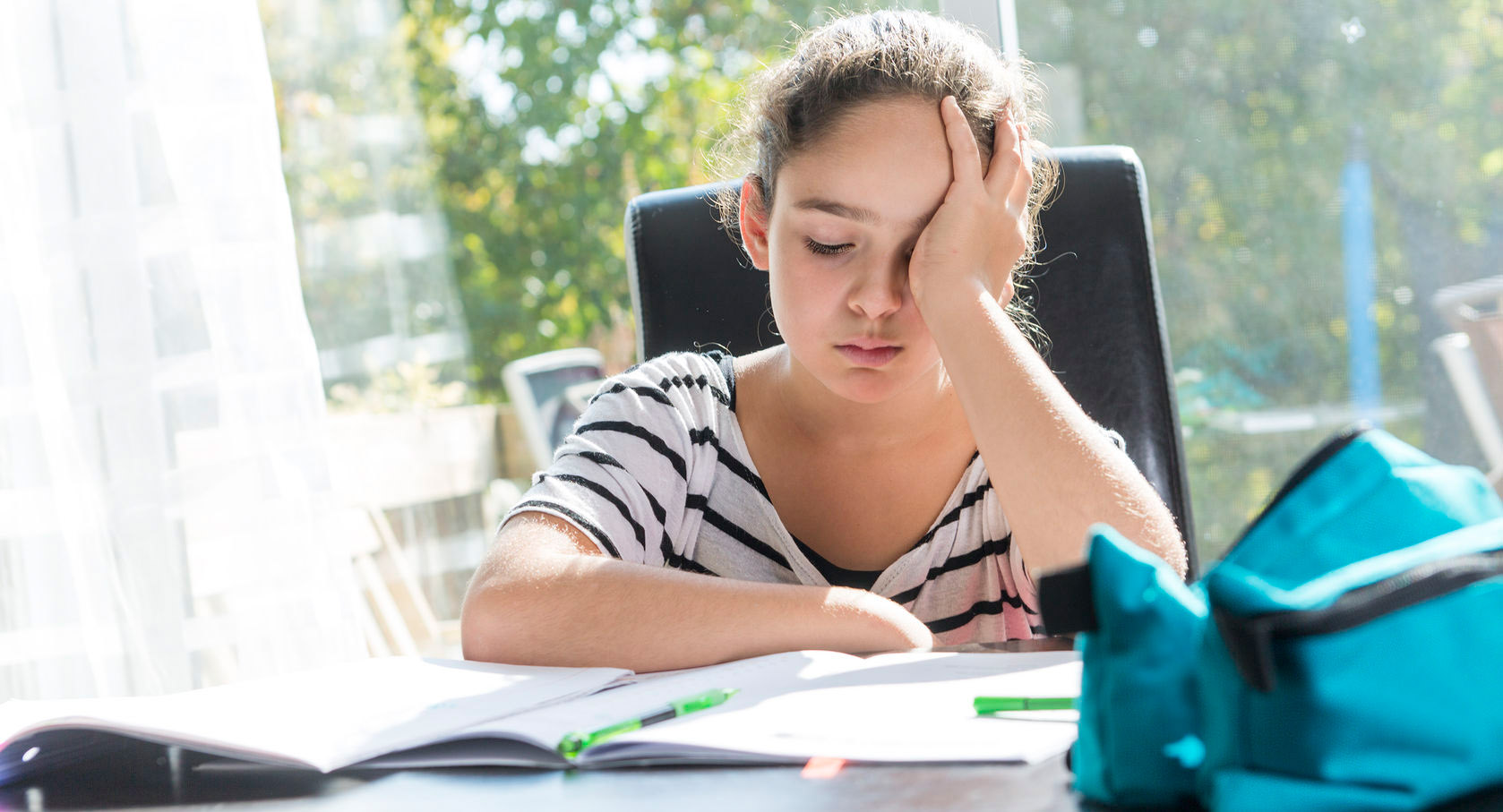Creative and purposeful play time is important in every child’s personal development that it’s been recognized by the United Nations High Commission for Human Rights as a right of every child.

In a world where everything is moving faster, expectations are rising higher, academic metrics are being pushed to their limit, and families are increasingly stressed for time – the amount of time children spend playing each day has decreased alarmingly.
A 1989 survey taken by the National Association of Elementary School Principals found that 96 percent of schools had at least one recess period for kids. In 1999, a similar survey found that only 70 percent of kindergarten classes offer any open playtime at all. An American Academy of Pediatrics’ (AAP) recent report explains why children are playing less. Many school districts have responded to increased government pressure about academics (including the No Child Left Behind Act of 2001) by reducing the time committed to free play to focus more on reading and mathematics.
What is the impact of this decrease in creative play time on your child’s brain? Don’t be surprised if you hear that such deprivation from play and reflective time may have negative impact on your child’s brain development and future performance in school, work, and in life. While the brain enriches in environments where there is lots of cognitive and academic challenges, in order to have an integrated and well-developed brain you also need to provide for mindful relaxed time, creative purposeful play time, time for reflection, and time for dreaming. There are many children these days who have been brought up with an over-focus schedule on academic progress and almost no training or context to develop parts of the brain that have to do with self regulation, self awareness, reflection, and the ability to mange and direct such skills to be happy, integrated and successful individual.
At the Brain Resource Center the focus on cognitive development and enhancement is counter balanced with training and skill building in the areas of self-awareness and self-regulation. Learning such skills are not limited to cognitive strategies but are enhanced and reinforced by physiologically base interventions that retrains brain and body for self awareness, self regulation, and a higher degree of psychological and emotional integration.
“Play is essential to development because it contributes to the cognitive, physical, social, and emotional well-being of children and youth,” said Kenneth R. Ginsburg, MD, a behavioral science investigator at The Children’s Hospital of Philadelphia, and one of the authors of the report.
Children who don’t get enough time to act out or take charge of the world around them may show signs of distress. The same is true for children who are constantly pushed beyond their comfort limits.
Symptoms of anxiety according to the same report may include:
- Avoiding other people
- Lack of appetite
- Nervousness
- Disrupted sleep
- Headaches
- Stomach aches
- Depression
At the Brain Research Center, we support children and families who come to us for help destressing, and for guidance in how to improve well-being, focus, self regulation, and a sense of happiness. We can see tremendous improvements, particularly in high-potential, high IQ children, when their days are balanced and not overly focused on academic achievement, but leave room for play – for sitting quietly – for reflection.
These important times help children build confidence in their ideas, creative energy, and the power of imagination and vision.
Recommendations
Our children and teens receive messages from their parents, their teachers, the media and the high-pressure world around them that they must be on their “best behavior” at all times – that they must strive every minute, every hour, every day to be great. This is causing unprecedented levels of stress, anxiety and depression and leading to very difficult adult lives and negative behaviors.
Some recommendations for parents and friends of children who may benefit from more free-form, creative play:
- Teach them skills and provide context to reflect and decompress
- Provide regular “reality check-up” appointment monitoring emotional and cognitive well being with a professional
- Empower your child to “become mindful and intelligent consumer” of television, video games, social media and other “screens” the positive potential of these wonderful technological tools.
- Have a routine brain map and neuropsychological screening for your child to find out strengths and weaknesses of your child’s brain as well as monitoring the trajectory of their development
- Sign your child for brain training and brain enhancement training programs such as the one offered by Brain Resource Center
By creating the right balance between work and play, your children’s minds will develop differently, in a more healthy and balanced way, and will truly prepare them to be happy, productive and fulfilled adults in a world where slowing down may be the only way to meet the challenge of the hyper-speed of change. This is very complimentary to the approach we take integrating both cognitive and emotional integration combined in the training program.